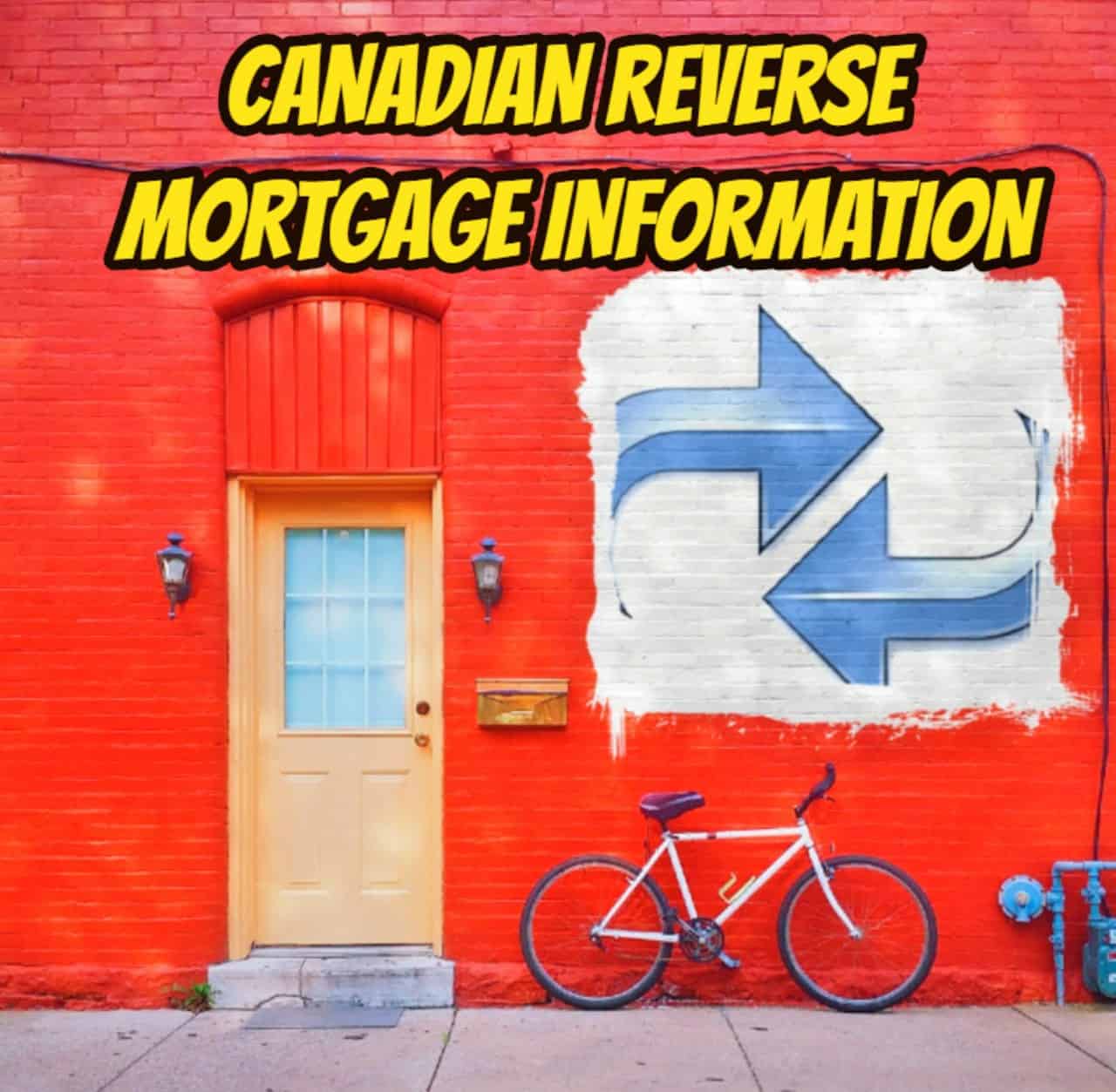
The Ira Smith Trustee Team hopes that you and your family had a restful holiday season and that you are all safe, healthy and secure.
Ira Smith Trustee & Receiver Inc. is absolutely operational and Ira, in addition to Brandon Smith, is readily available for a telephone consultation or video meeting.
If you would prefer to listen to an audio version of this CPP premiums Brandon Blog, please scroll to the bottom and click on the podcast.
CPP premiums introduction
Everyone who is an employee or is self-employed must make Canada Pension Plan (CPP) payments. The payments you make are your CPP premiums. Employers also must contribute to the CPP. If you are self-employed, then the CPP premiums you must pay each year are calculated as part of your annual income tax return filing.
In this blog, I discuss how the Canadian Government has already given a nasty surprise to Canadians for 2021. The planned increase in CPP premiums on January 1 hit some workers for their 2021 CPP contributions more than others because of the coronavirus pandemic.
The Canada Pension Plan and CPP premiums
The Canada Pension Plan (CPP) is a government-run pension plan for retired Canadians. It provides a monthly taxed retirement pension benefit that replaces part of your income when you retire. Under the CPP, you obtain the CPP retirement pension plan payments for the rest of your life. To qualify you must:
- be least 60 years old;
- have actually made a contribution to the CPP;
Valid contributions can be either from work you carried out in Canada or as the outcome of getting credits from a former spouse or former common-law spouse at the end of the relationship.
CPP premiums and annual maximum pensionable earnings bump-up
For this 2021 year, the earnings ceiling, called the yearly maximum pensionable earnings (YMPE), was supposed to be $60,200, an increase of $1,500 from the 2020 limit. However, the actual amount is higher at $61,600. The maximum annual employee and employer contribution amount is $3,166.45 (up from $2,898.00 in 2020). The maximum annual self-employed contribution level is now $6,332.90 (up from $5,796.00 in 2020).
Provincial finance ministers quietly prodded Finance Minister Chrystia Freeland to put a pause on planned increases in premiums workers and businesses pay into the CPP. So did various business groups. They did not feel it was appropriate this year to have the contribution rate go up. Notwithstanding the support of business groups and each province, it was to no avail.
The originally planned increase on January 1 belongs to a multi-year plan accepted by each province and the Canadian government four years ago. They agreed to improve retired life benefits through the CPP by boosting contributions over time slowly.
The very first bump was in 2019. The province finance ministers asked Finance Minister Freeland to put a pause on this year’s automatic increase. They cited the damage done to workers and businesses as a result of the COVID-19 pandemic. They said it isn’t a smart financial decision to take more off workers’ paycheques and also to charge businesses a lot more when so many continue to have a hard time.

Moratorium on CPP premiums increase requested by provinces and business groups
So many provincial finance ministers on a call with Finance Minister Freeland, and various business groups independently, asked her to put a pause on this year’s planned increase in CPP premiums and the contribution rate because of the COVID-19 pandemic.
The pandemic’s effect on the labour market, which has some groups noting the impact will be felt by some workers more than others. The plan requires contributions to go up alongside the upper limit on earnings that are subject to those premiums. As I have already stated, the YMPE was supposed to be $60,200. This would have meant tax increases of $1,500 from the 2020 limit. But the actual amount is going to be higher at $61,600.
The reason is due to the pandemic’s impact on the labour market and how the YMPE is calculated. Here are the details. The formula to calculate the earnings limit relies on rises in the average weekly earnings for the 12 months finishing June 30, contrasted to the same amount during the preceding 12-month time period. Over the time of the pandemic, average weekly earnings have increased, but not because workers are making more.
Dan Kelly, president of the Canadian Federation of Independent Business said:
“That’s going to be hundreds of dollars of new CPP premiums out of paycheques of middle-income Canadians not because they got a raise, but because the formula has not had a COVID adjustment,” Kelly says. Nevertheless, the government will collect more money than it originally planned through CPP premiums.
Any type of modifications to contribution rates or the YMPE would require the authorization of Parliament as well as seven provinces representing a minimum of two-thirds of the nationwide population. This is a greater bar than what is required to modify the Constitution!
The federal government response for a moratorium on the CPP premiums increase
Ottawa’s answer was not only to have them go up again but do so more than the scheduled increase. Why? The reason is specifically the calculation in the formula that the Feds and provinces signed up for, well before anyone bothered to know how to spell Wuhan!
Here at the details. The labour market got skewed (no, I did not make a spelling mistake) as job losses have hit the lower-income employees more since March 2020. Therefore, if you reduce the earnings at the lower end of the calculation range, you are left with higher wages, on average, when you do the calculation.
The Canadian government claims that is why the general increase is larger than originally scheduled. Dan Kelly calculates that anybody around the maximum limit will see a 9.3 percent rise in CPP premiums, beyond the approximately five-per-cent premium bump baked into the legislation.
A spokeswoman for Ms. Freeland stated stopping the increases agreed to in 2016 would imply reducing future retirement benefits for Canada’s current workers. The spokeswoman went on to say that the government’s leading concern is supporting Canadians, businesses and business owners who are experiencing economic difficulties as the nation weathers the COVID-19 pandemic. With a 2nd wave underway, lots of people across Canada continue to deal with tremendous unpredictability.
I am not sure what current unpredictability from COVID-19 has to do with freezing CPP premiums for each person and business from an increase for 1 or 2 years has to do with the issue, especially since the effect of freezing the increases will not be affected for decades to come, if at all. Nevertheless, that is what was said.
CPP premiums summary
I hope you enjoyed this CPP premiums Brandon Blog post. If you are concerned because you or your business are dealing with substantial debt challenges and you assume bankruptcy is your only option, call me. It is not your fault that you remain in this way. You have actually been only shown the old ways to try to deal with financial issues. These old ways do not work anymore. The Ira Smith Team utilizes new modern-day ways to get you out of your debt difficulties while avoiding bankruptcy. We can get you the relief you need and so deserve.
The tension put upon you is big. We know your discomfort factors. We will check out your entire situation and design a new approach that is as unique as you and your problems; financial and emotional. We will take the weight off of your shoulders and blow away the dark cloud hanging over you. We will design a debt settlement strategy for you. We know that we can help you now.
We understand that people and businesses facing financial issues need a realistic lifeline. There is no “one solution fits all” method with the Ira Smith Team. Not everyone has to file bankruptcy in Canada. The majority of our clients never do. We help many people and companies stay clear of bankruptcy.
That is why we can establish a new restructuring procedure just for you. It will be as one-of-a-kind as the economic issues and discomfort you are encountering. If any one of this seems familiar to you and you are serious about getting the solution you need, contact the Ira Smith Trustee & Receiver Inc. group today.
Call us now for a no-cost consultation.
We will get you or your business back up driving to healthy and balanced trouble-free operations and get rid of the discomfort factors in your life, Starting Over, Starting Now.
The Ira Smith Trustee Team hopes that you and your family had a restful holiday season and that you are all safe, healthy and secure.
Ira Smith Trustee & Receiver Inc. is absolutely operational and Ira, in addition to Brandon Smith, is readily available for a telephone consultation or video meeting.










